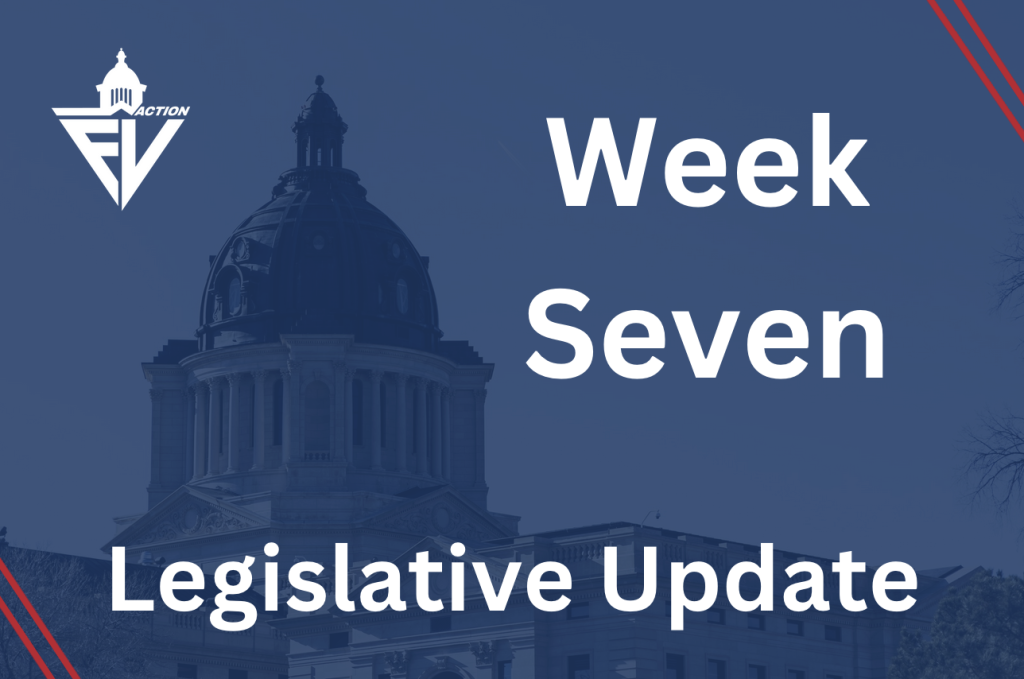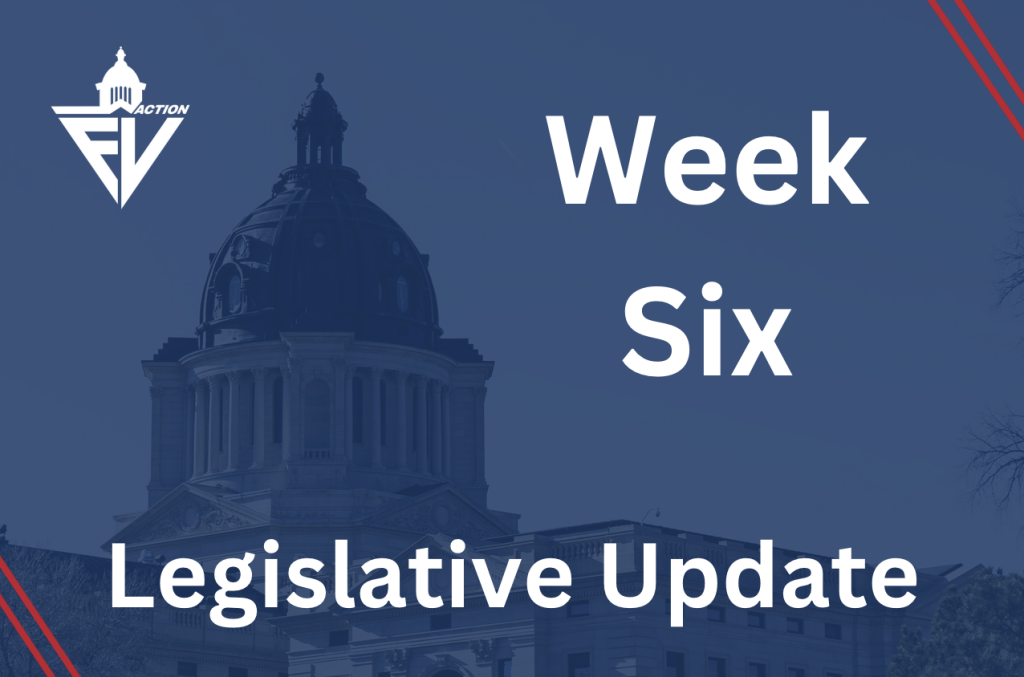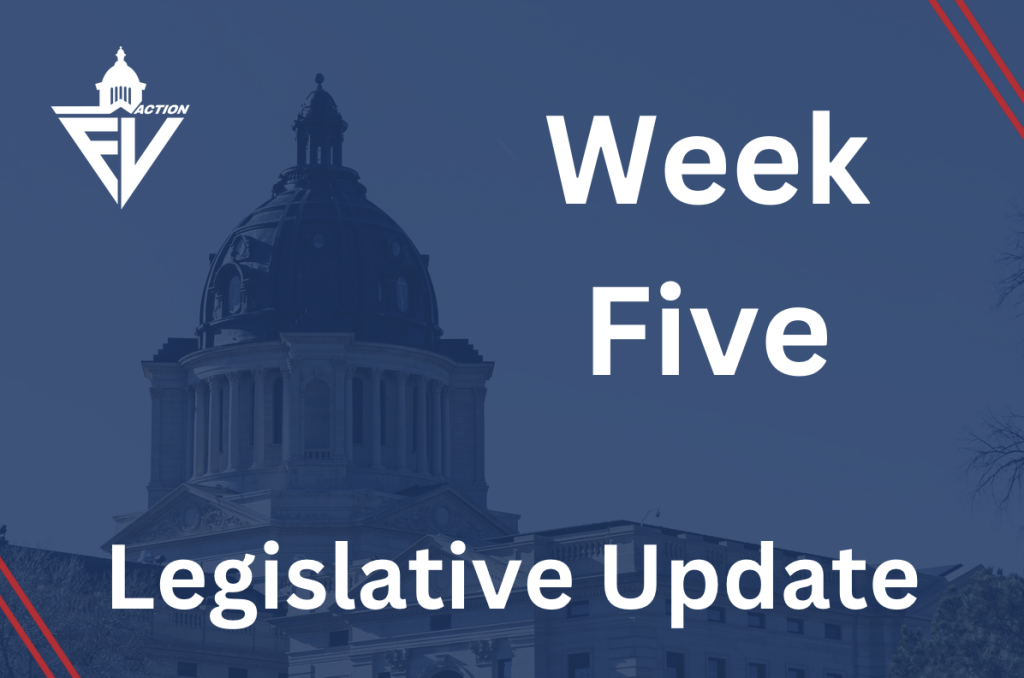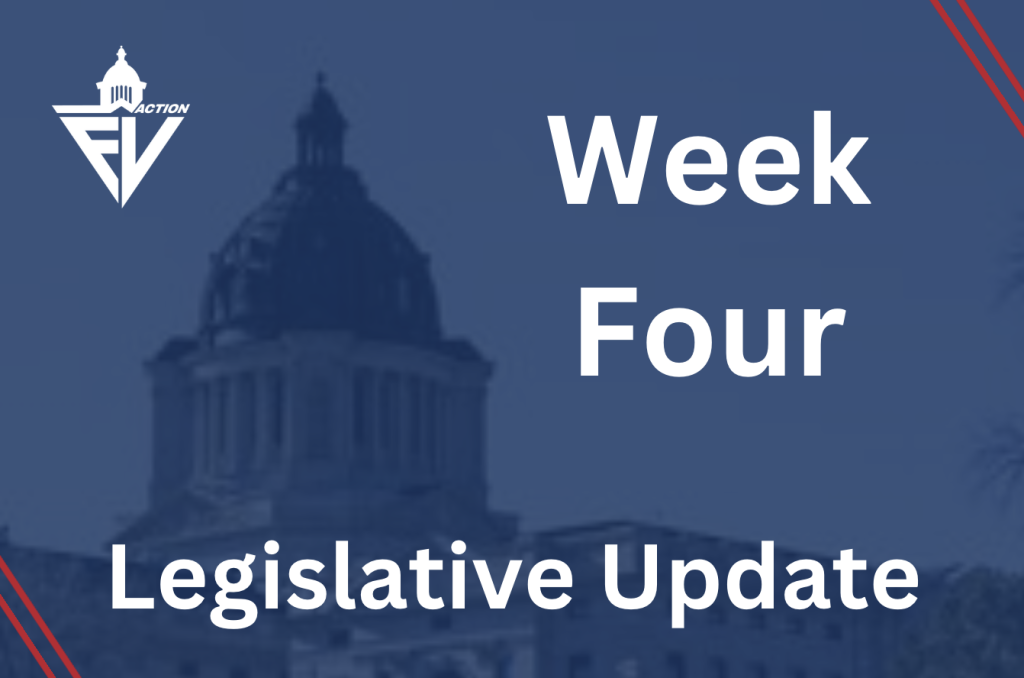Initiated Measure 28 (IM 28) is one of several items South Dakota voters will see on their ballot this November. IM 28 aims to eliminate state sales tax on anything sold for human consumption. Proponents of the measure believe the policy would benefit families by reducing the cost of daily goods. Opponents note that the measure is poorly crafted and could result in a myriad of unintended consequences that will likely hurt families in the long run.
IM 28 made its way onto the November ballot through a petition that gained the required signatures. What many South Dakota residents don’t know, however, is that the measure is sponsored by Rick Weiland, the same person responsible for Amendment G – the radical measure that would legalize abortion throughout all nine months in South Dakota.
Weiland explained in a recent town hall that the purpose of IM 28 is to reduce food insecurity throughout the state. He estimated that 106,000 residents, including one in six children, currently struggle with food insecurity. Proponents of the bill believe that eliminating sales tax would noticeably reduce food costs for families.
Opponents worry that if sales taxes are eliminated, the state will have almost no choice but to implement an income tax.
The coalition formed to oppose IM 28 estimates that if IM 28 is passed by voters in November, it could cost the state over $176 million per year, leading to budget cuts and possibly tax increases in other areas, although the governor and the legislature have previously noted their objection to implementing new taxes.
“It’s going to reduce funding for the tribes. It’s going to reduce funding for cities and towns. It’s going to require cuts to law enforcement and roads, and pools, and parks and all those kinds of things,” Executive Director of the South Dakota Retailers Association Nathan Sanderson explained. “It’s going to set South Dakota up for a state income tax to cover the needs of services, the money has got to come from somewhere.” (emphasis added)
Because of the vague language in IM 28, which seeks to prohibit sales tax on anything meant for human “ingestion or consumption,” South Dakota could become the first state to stop taxing tobacco products. Opponents also question what else the measure could include – CBD, paper products, etc., as the term “human consumption” is not defined in the initiative’s text.
While cutting taxes and helping families in South Dakota are both noble goals, voters should consider the unintended consequences of IM 28 before casting a “yes” vote in November.
Curious about what else will be on your ballot in November? Click here for an overview of Amendment G, which would legalize abortion through all nine months. Click here for an overview of IM 29, which would legalize recreational marijuana.







